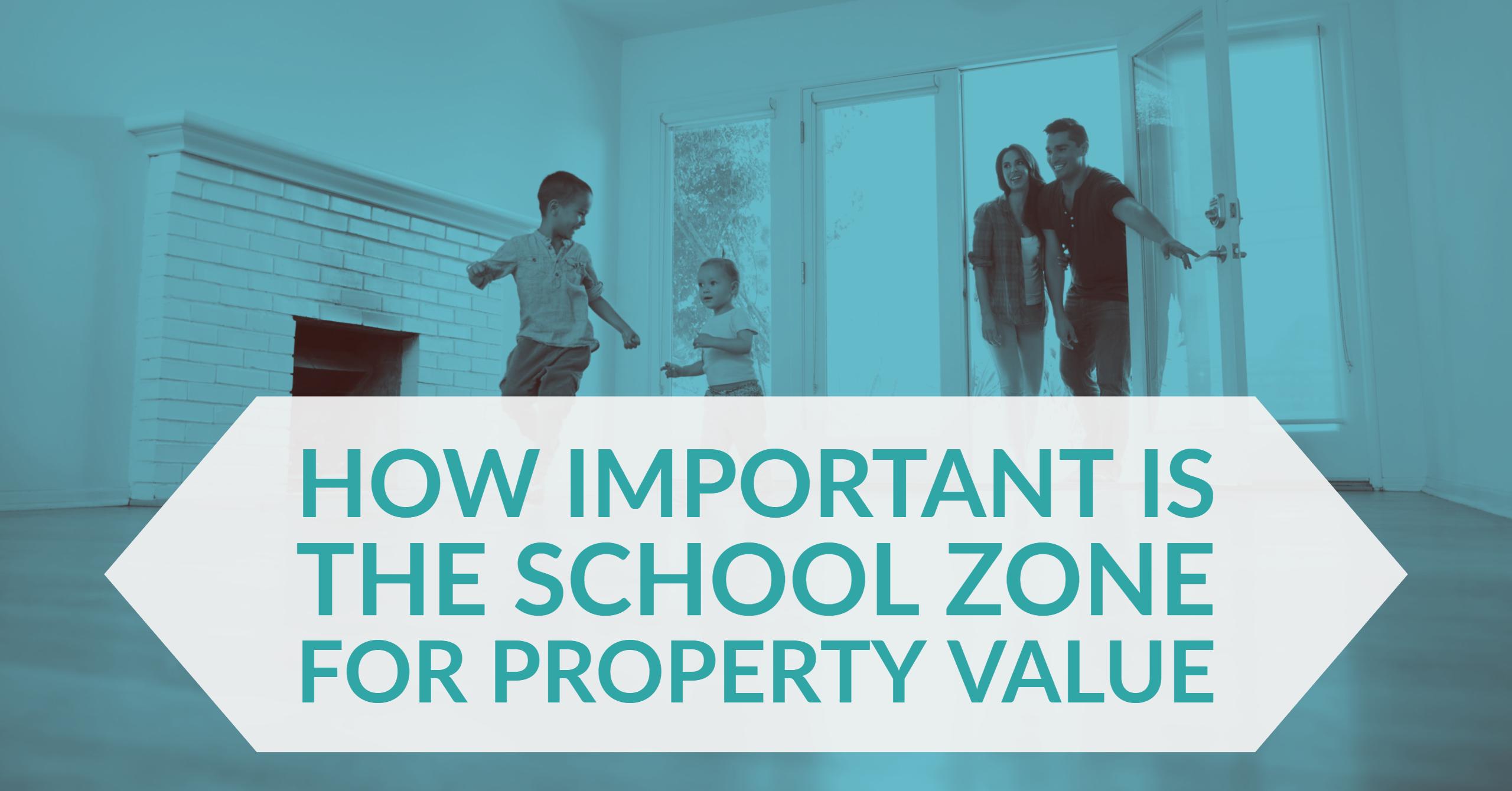How much difference, do you think, a school zone could make to the value of your property?
When we talk about school zones, it refers to the restrictions applied to the enrolment and the number of students that a school can accommodate, within a particular area or zone around the actual school. This means that certain schools can only enrol students from specific neighbourhood areas based on the permanent residential address.
According to Domain’s Annual School Zone Report, based on the prices for properties sold between November 2015 to October 2016, the capital growth of properties in the Australia’s catchment zones with the top public schools is seeing an increase by 5 times of the the city average.
The new data by the Real Estate Institute of Victoria (REIV) reveals that homes which fall within the zone of some of Melbourne’s top performing public schools are delivering six-figure dividends for property owners as compared to neighbouring homes outside the catchment.
In the present time, parents of school going children are more interested in investing their money in the family home and buying into areas zoned for top performing public schools, rather than paying private school fees as stated by REIV CEO Geoff White.

The Real Estate Institute of Queensland (REIQ) reveals that parents are buying into their desired zones even years prior to the enrolment of a child. Another statement by Rob Honeycombe, Chairman of the REIQ, when it comes up to the subject is, “I guess it’s about the value of the brand, so these schools that have really built up their reputation that the families decide they really have to be a part of, that can add a lot to the value of a home.”
Adding to the above statement, Aman Singh, CEO and Founder of Credit Hub, states, “Times are changing in the way that kids are being brought up today. One way that parents are looking at this is that they want to get into where they want to live while also finding a terrific school that comes under a school zone with higher study scores than another particular school. Parents are locating their preferences in that area and are also happy paying a premium to do the same.”
As per Domain’s Chief Data Scientist, Dr Nicola Powell, the property price growth near top schools was significantly higher than the average growth rate of the city itself. She also went on to add that nationally, the top 10 growth rates around particular schools were up between 18-41% in the year 2016. During the same period it was seen that the Sydney house price growth was around 1.5%, while Melbourne took a 7.3%. Of all the schools, Victorian schools dominated the national top 10 lists in the 2016 report.
Conclusion
Education and access to quality amenities, such as high performing public schools, are a key consideration for buyers and these areas will continue to see price growth. Furthermore, we at CrediHub believe that attending a top public school is also cheaper than a private school, so parents can save a lot of money going this route while also ensuring a good education for their kids.
Homes in theses suburbs with school zones, undoubtedly experience a high turnover. These areas indicate significant buyer demand for homes within the catchment of exceptional public schools.
Catchment zones are something all buyers should consider, as it appears that a premium is usually paid for houses in the best school areas. The flipside is if you do buy in a top school zone, whether you make use of the school or not, you’ll probably enjoy a premium level of capital growth over time as well.
Contact our friendly team today if you need a home loan or property investing management or advice.
Disclaimer:
The information presented by staff or employees of Credit Hub and its associated companies is provided for general informational purposes only. We do not guarantee the accuracy, completeness, or timeliness of the data or views presented. Audience members should conduct their own research and verify any information before relying on it. Credit Hub and its associated companies are not liable for any errors or omissions, or for any actions taken based on the information presented.

